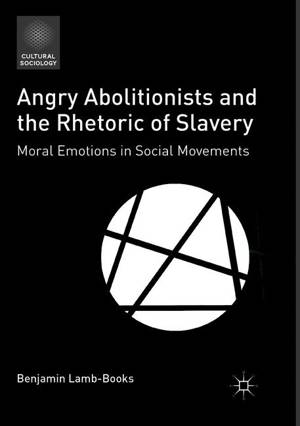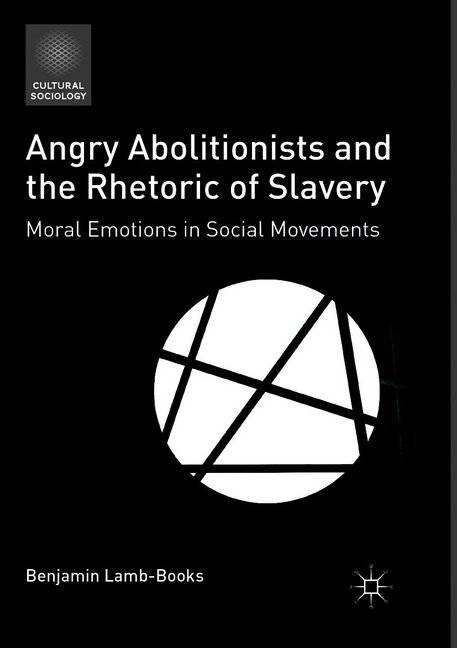
- Afhalen na 1 uur in een winkel met voorraad
- Gratis thuislevering in België vanaf € 30
- Ruim aanbod met 7 miljoen producten
- Afhalen na 1 uur in een winkel met voorraad
- Gratis thuislevering in België vanaf € 30
- Ruim aanbod met 7 miljoen producten
Angry Abolitionists and the Rhetoric of Slavery
Moral Emotions in Social Movements
Benjamin Lamb-BooksOmschrijving
This book is an original application of rhetoric and moral-emotions theory to the sociology of social movements. It promotes a new interdisciplinary vision of what social movements are, why they exist, and how they succeed in attaining momentum over time. Deepening the affective dimension of cultural sociology, this work draws upon the social psychology of human emotion and interpersonal communication. Specifically, the book revolves around the topic of anger as a unique moral emotion that can be made to play crucial motivational and generative functions in protest. The chapters develop a new theory of the emotional power of protest rhetoric, including how abolitionist performances of heterodoxic racial and gender status imaginaries contributed to the escalation of the 'sectional conflict' over American slavery.
Specificaties
Betrokkenen
- Auteur(s):
- Uitgeverij:
Inhoud
- Aantal bladzijden:
- 275
- Taal:
- Engels
- Reeks:
Eigenschappen
- Productcode (EAN):
- 9783319810171
- Verschijningsdatum:
- 30/05/2018
- Uitvoering:
- Paperback
- Formaat:
- Trade paperback (VS)
- Afmetingen:
- 148 mm x 210 mm
- Gewicht:
- 349 g

Alleen bij Standaard Boekhandel
Beoordelingen
We publiceren alleen reviews die voldoen aan de voorwaarden voor reviews. Bekijk onze voorwaarden voor reviews.











